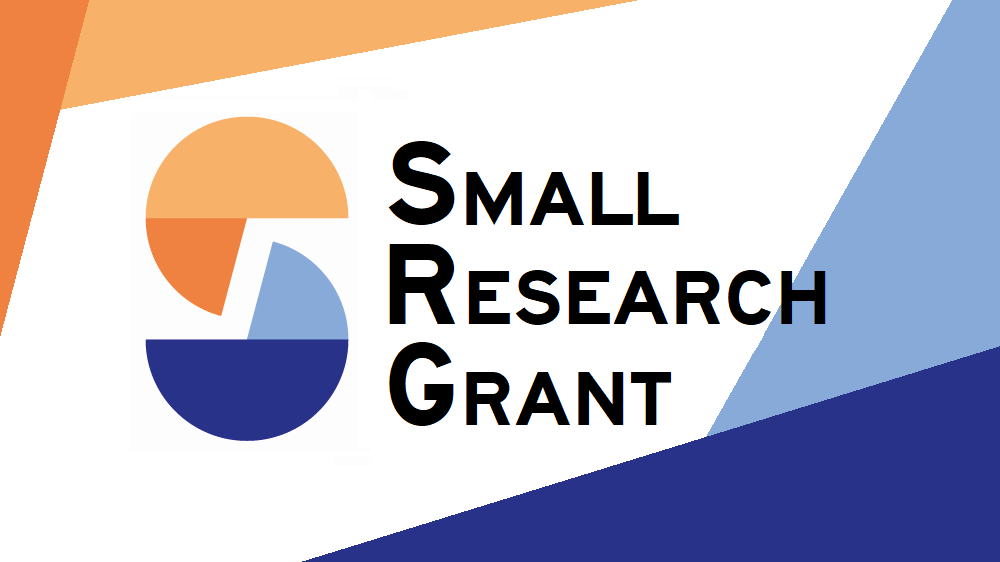This project investigates the different channels through which inequality persists over time. In particular, it examines how initial conditions of spatial, financial, and educational segregation persist after segregation policies stop being enforced. The specific setting analysed is the evolution of inequality pre- and post-apartheid in South Africa. More specifically, the project explores whether inequality in South Africa remains high due to the persistence of spatial and economic segregation imposed under apartheid by separating people of colour into “townships.” Does segregation create poverty traps driven by low human capital accumulation, low levels of public and private investments, lack of access to finance, and persistent policy neglect by governments? The analysis of these economic mechanisms can shed light on and be applied to other contexts, such as the reallocation of workers from rural to urban areas in developing countries and the design of policies to reduce persistent inequality.
The research team start by establishing stylised facts about the differences in socioeconomic outcomes between urban centers and ‘townships’ using data from various sources. They also extend their analysis by looking at the heterogeneity across townships based on geographical and economic connections to the urban area. Motivated by the empirical findings, they incorporate this data analysis into a quantitative macro model to formalise the links between residential choice, education, access to finance, and production. The model enables identification of the impact of the initial socioeconomic and geographical segregation on the persistence of inequality and growth.
In many developing countries, migrants from rural areas with low levels of human capital migrate to urban areas to work in low-skilled jobs. Deprived and underserved settlements often on the periphery of urban areas, like townships, are a mechanism available to those migrants to avoid the housing costs of the formal city, and still gain access to the urban labour markets. On the other hand, living in these areas might create a poverty trap. This project will not only explore the impact of economic segregation on a broad range of economic outcomes, but also help to inform policymakers about the impact of various policies, such as increased school funding in poorer areas, on the allocation of resources, growth, and inequality.











































